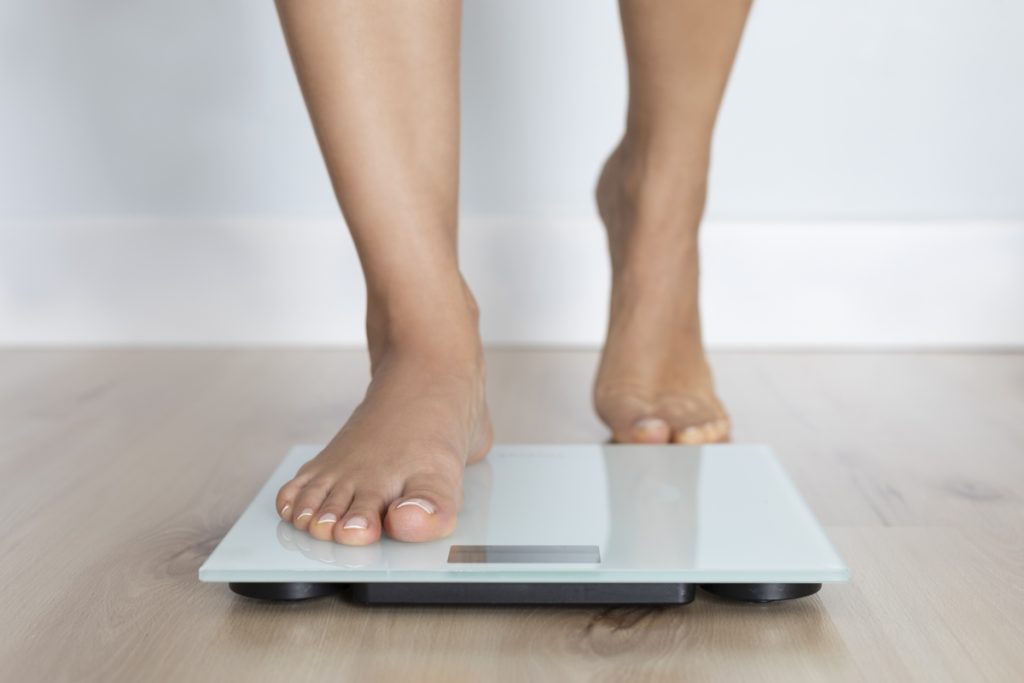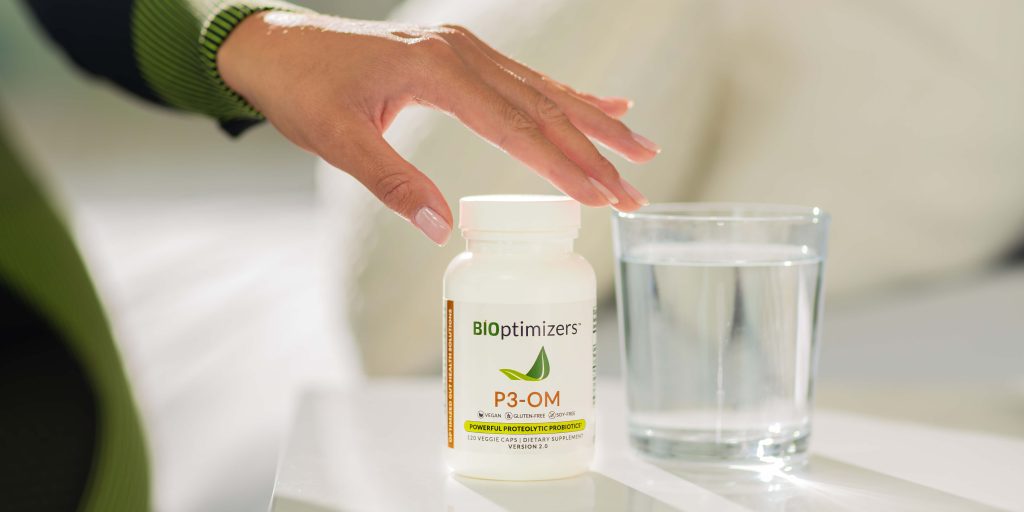Part 2: How to Increase Metabolism Naturally After Your 30s and 40s
Master weight management at any age with our blog's insights. Learn about metabolism, muscle building, optimizing sleep, and nutrition for lasting health.

Many people struggle with weight gain and muscle loss as they age. In the last article, Part 1, we covered scientific reasons why. In this article, Part 2, we cover true evidence-based solutions for long-term results.
Do You Actually Need a Reboot in Metabolism?
Now that we know how different factors affect metabolism and weight in middle age, you might wonder if you need a “metabolism reboot.” The answer – probably not.
Understand that despite these challenges, weight loss is still possible at any age. Often, it requires a combination of many things for you to reach your goals. There is no way around consistently getting the nutrition and exercise right.
While some supplements claim to help, it is crucial to remember that nothing beats having a healthy diet and lifestyle. Although some supplement ingredients can boost metabolism, depending only on them won’t achieve lasting results. To truly make a difference, focusing on eating well and staying active is key.

How to Increase Metabolism Naturally After Your 30s and 40s
It’s possible to lose weight and look great at any age. First, you have to believe you can. Then, aside from creating a caloric deficit, you want to avoid common pitfalls and do the following.
1) Build Muscles
Age-related muscle loss doesn’t only reduce your calorie expenditure but also reduces your well-being and independence as you age. So, you want to burn more calories by building muscles and counteract these age-related changes. Muscles are truly the best anti-aging medicine, but you’ll have to consistently put in effort with training and nutrition.
The process of muscle building (muscle protein synthesis) itself consumes a lot of calories. This is why some people lose fat as they build muscles in a process called body recomposition.
In short, to build muscles, you need to:
- Consume enough proteins, at least 0.8 – 1.0 grams per pound of body weight daily, or 30 grams per meal, 3 – 5 meals per day
- Engage in strength training exercises in ways that continue to challenge your body. You may wish to start with body weight and gradually progress to lifting weights with functional movements. Many people benefit from working with a qualified personal trainer to learn to lift weights correctly and work with pre-existing injuries and imbalances.
We have an in-depth article about how to build muscles naturally. Also, our Ultimate Nutrition System comes with an entire chapter with example of muscle-building nutrition and exercise programs.
2) Optimize Your Sleep
Optimizing sleep can have major impacts on weight management. There are many things out there that can help you do this. Natural sleep aids like Sleep Breakthrough, relaxation techniques, and proper sleep hygiene can help promote a more restful sleep environment.
Using tools like the Oura ring or Whoop band can also help. These devices offer insights into your sleep patterns, helping you track aspects of sleep including sleep duration, quality, and different sleep stages. Monitoring and understanding these metrics can help you identify areas to work on in your sleep routine.
By prioritizing and maintaining deep, REM, and uninterrupted sleep, you can positively impact hormone balance, metabolism, and appetite regulation, which all contribute to successful weight management.
3) Optimize Nutrition, Digestion, and Assimilation
Ensuring a healthy metabolism and maintaining an ideal weight as you age involves optimizing nutrient levels. Consume nutrient-rich foods like vegetables and organ meats. Test for your nutrition levels and supplement if you are on a restrictive diet that tends to lack essential nutrients.
To optimize digestion and nutrient assimilation, consider:
- HCl Breakthrough to replenish stomach acid
- MassZymes to replenish digestive enzyme levels
- Probiotics like P3OM
- Raw fermented foods for digestive enzymes and natural probiotics

4) Optimize Stress Resilience
Building a strong support system and incorporating relaxation techniques into daily routines can help you improve your stress levels. Here are some strategies for optimizing your stress resilience:
- Seek support from friends, family, or colleagues who understand and can provide assistance or encouragement.
- Identify and practice healthy coping mechanisms for when stress does arise, such as mindfulness, meditation, or engaging in activities that bring joy and relaxation.
- Prioritize time for self-care activities, even if it’s in small increments. This may include short workouts, meal planning, and quality sleep.
- Supplement with magnesium
- Try adaptogens such as Stress Guardian
By effectively managing stress, you can be better equipped to make healthier lifestyle choices, normalize cortisol levels, and improve your overall health.
5) Try Hormesis
Hormesis, or the small doses of stress that make you stronger, can have very powerful anti-aging effects. Many of them can improve autophagy, improve mitochondrial function, burn calories, and support overall well-being. Aside from exercise, hormesis may include:
- Cold exposure, which could be wearing fewer layers, a cold shower, ice bath, or cryotherapy
- Heat exposure such as sauna
- Intermittent fasting
- Red light therapy
6) Speak to Your Doctor About Hormone Support and Hormone Replacement Therapy
If you’re going through menopause or andropause and noticing weight gain, it could be a good idea to talk to your doctor about herbal or medication-based hormone support. During these life phases, hormonal changes can affect how your body stores and uses energy. When you consult with your doctor, they can evaluate your hormonal balance and how it might affect your weight.

Several clinical studies have confirmed that hormone replacement therapy helps with weight loss and overall well-being.
Getting on hormone replacement therapy is a very personal decision. Under a doctor’s or integrative endocrinologist’s guidance, hormone support can help you restore hormonal balance and improve metabolism and energy.
Final Notes
So, when navigating the complex landscape of weight management as you age, it is important to get the basics right first.
Despite metabolism remaining constant throughout adult life, there is value in adopting more targeted approaches at certain times. Proper sleep, a healthy diet, and staying physically active can be invaluable tools for doing this. And, when you need a little extra, we are here to help!
We wrote The Ultimate Nutrition Bible specifically for people like you who may have struggled with various diets and multiple attempts to lose weight. The book decodes various fad diets and complex health information, keeping personalized nutrition accessible.
We want you to be the best version of yourself and get off the diet industry’s bandwagon, and that all starts with knowledge. By empowering yourself with accessible evidence-based tools, you can create a healthy and sustainable life.
- Yüksel H, Odabaşi AR, Demircan S, Köseoğlu K, Kizilkaya K, Onur E. Effects of postmenopausal hormone replacement therapy on body fat composition. Gynecol Endocrinol. 2007;23(2):99-104. doi:10.1080/09513590601152177
- Chmouliovsky L, Habicht F, James RW, Lehmann T, Campana A, Golay A. Beneficial effect of hormone replacement therapy on weight loss in obese menopausal women. Maturitas. 1999;32(3):147-153. doi:10.1016/s0378-5122(99)00037-7






